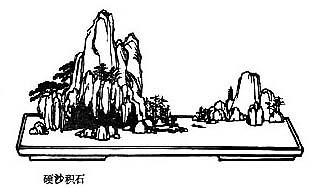孫
子
兵
法
Sun Zi 
 – L'Art de la guerre
– L'Art de la guerre
La stratégie chinoise ou comment s'informer, estimer, diviser, détourner, tromper, et vaincre « sans coup férir ». Tr. Amiot (fr) et Giles (en).
De la concorde et de la discorde
Sunzi XIII. 18.
Telle fut la voie qui permit l'avènement des dynasties Yin et Tcheou, lorsque des serviteurs transfuges contribuèrent à leur élévation. Quel est celui de nos livres qui ne fait l'éloge de ces grands ministres ! L'Histoire leur a-t-elle jamais donné les noms de traîtres à leur patrie, ou de rebelles à leur souverain ?
Amiot
Of old, the rise of the Yin dynasty1 who had served under the Hsia. Likewise, the rise of the Chou dynasty was due to Lu Ya2 who had served under the Yin.3
Giles XIII.26.

L'Art de la guerre – Sun Zi XIII. 18. – Chinois on/off – Français/English
Alias Sun Tzu, Sun Wu, Sun Tse, Sunzi Bingfa, Souen Tseu, Souen Wou, 孫武.
Le Canon des Poèmes, Les Entretiens, La Grande Étude, Le Juste Milieu, Les Trois Caractères, Le Livre des Mutations, De la Voie et la Vertu, 300 poèmes Tang, L'Art de la guerre, Trente-six stratagèmes
Bienvenue, aide, notes, introduction, table.
Index – Contact – Haut de page
